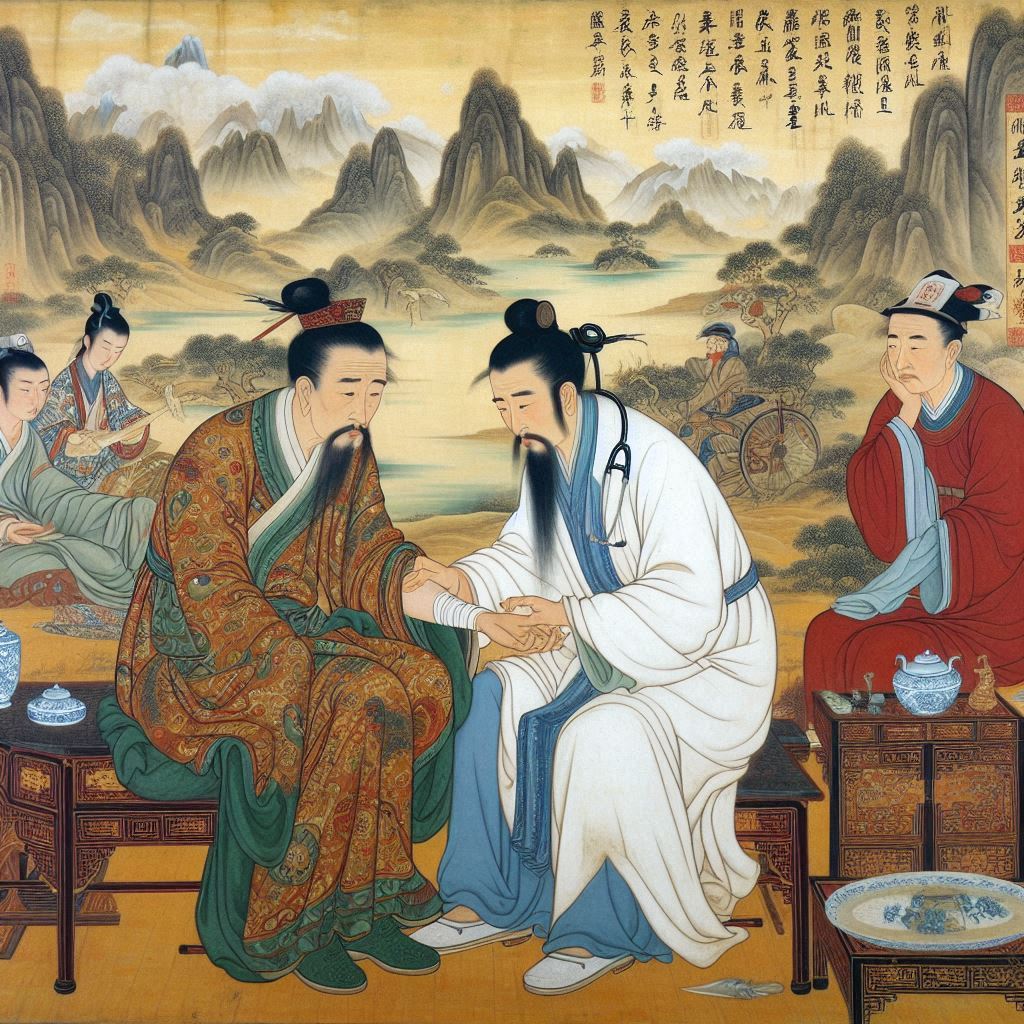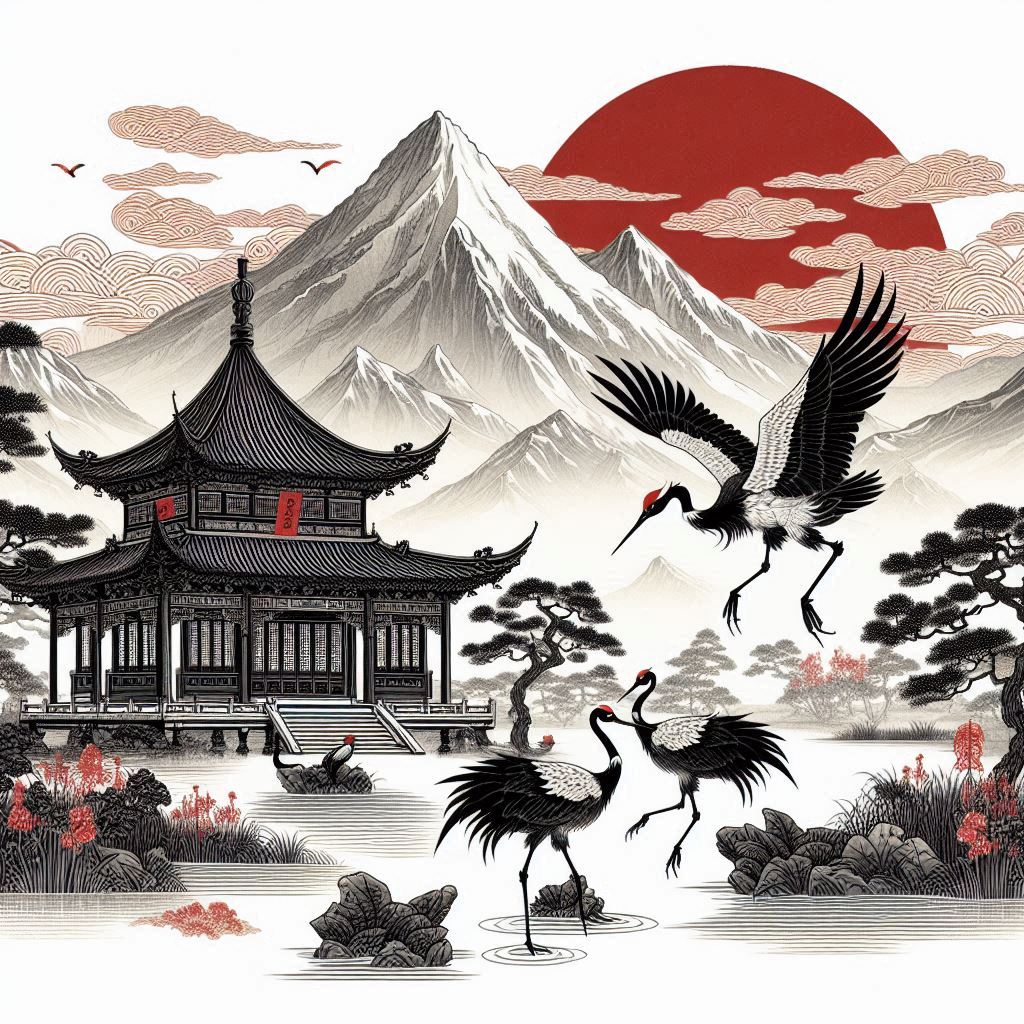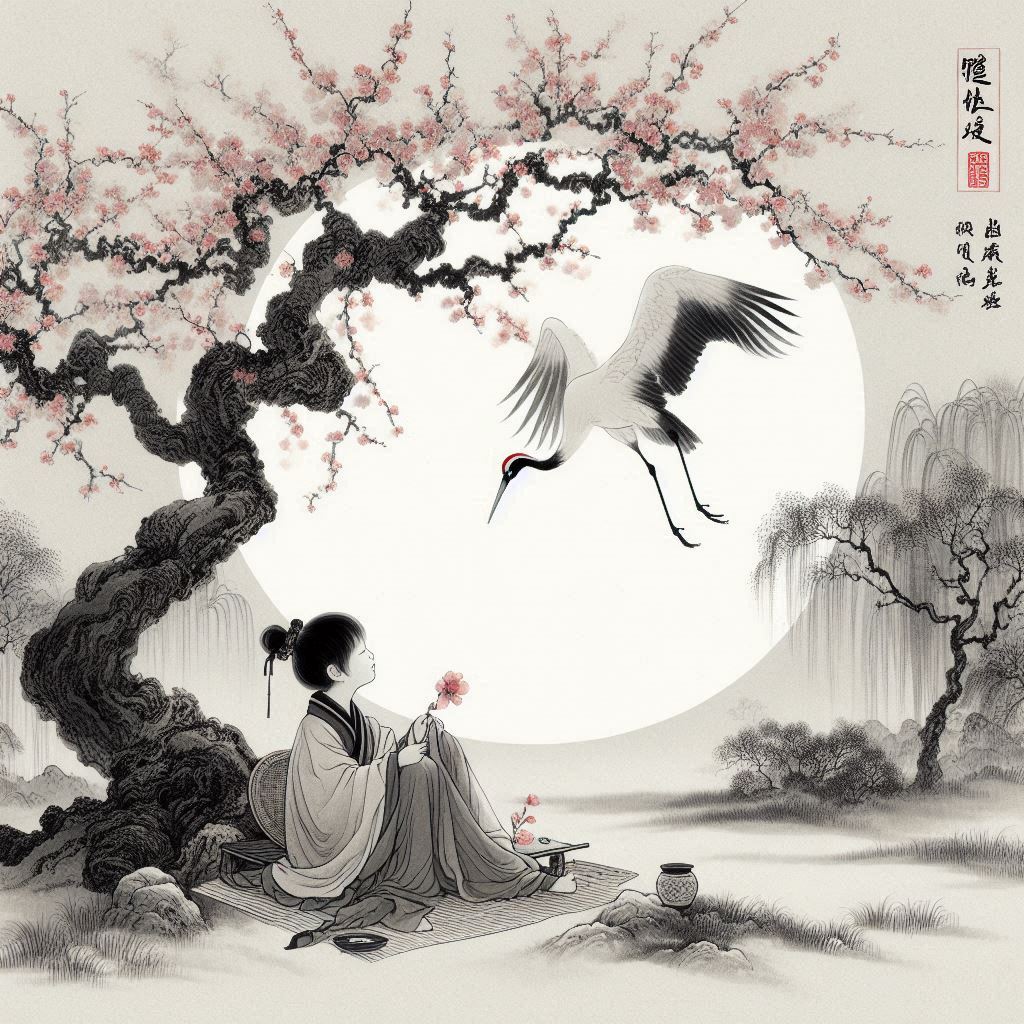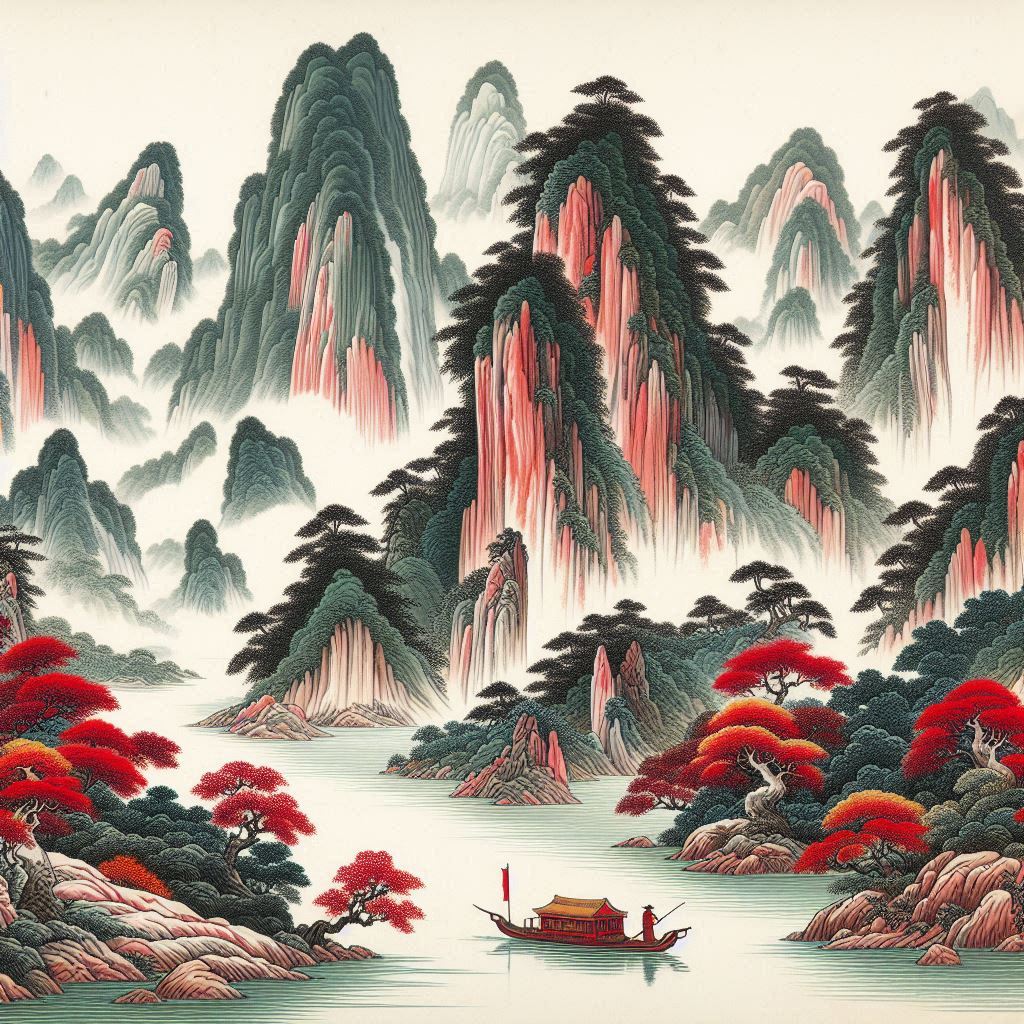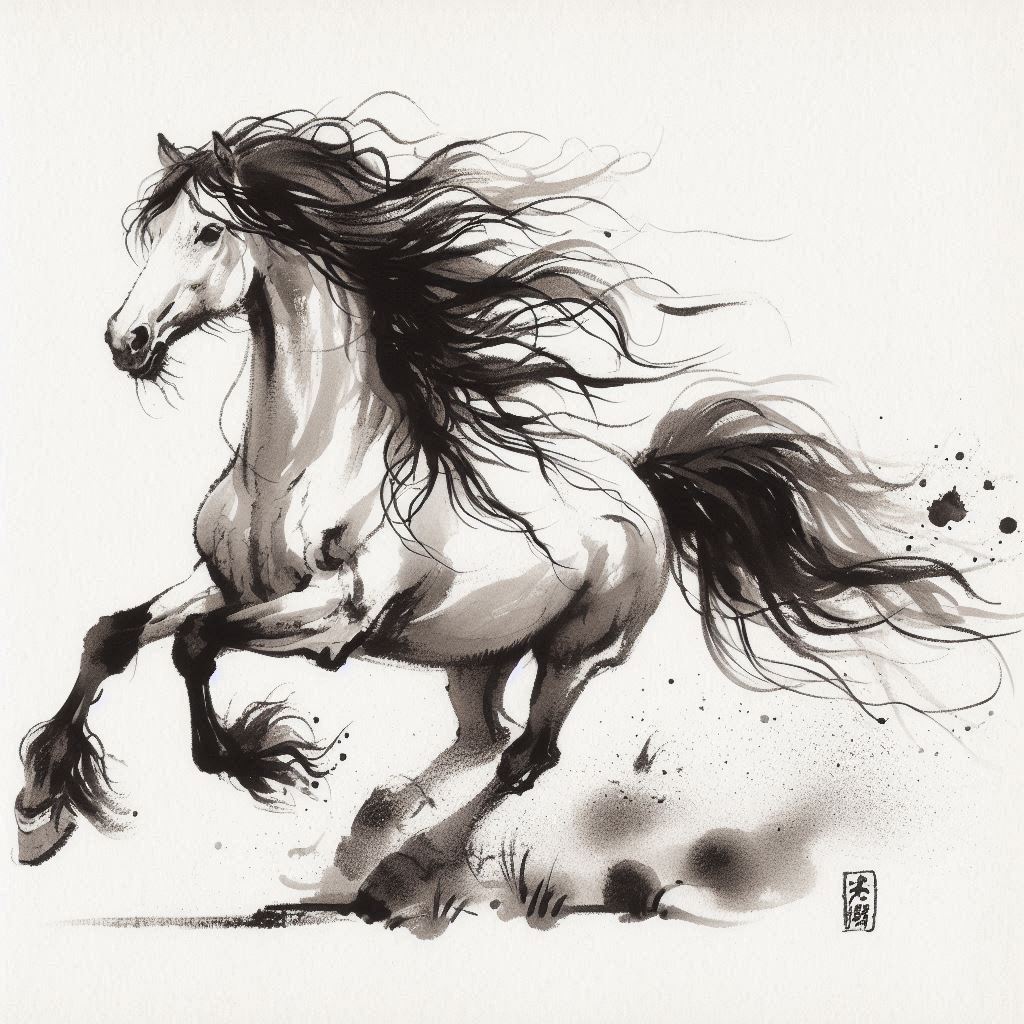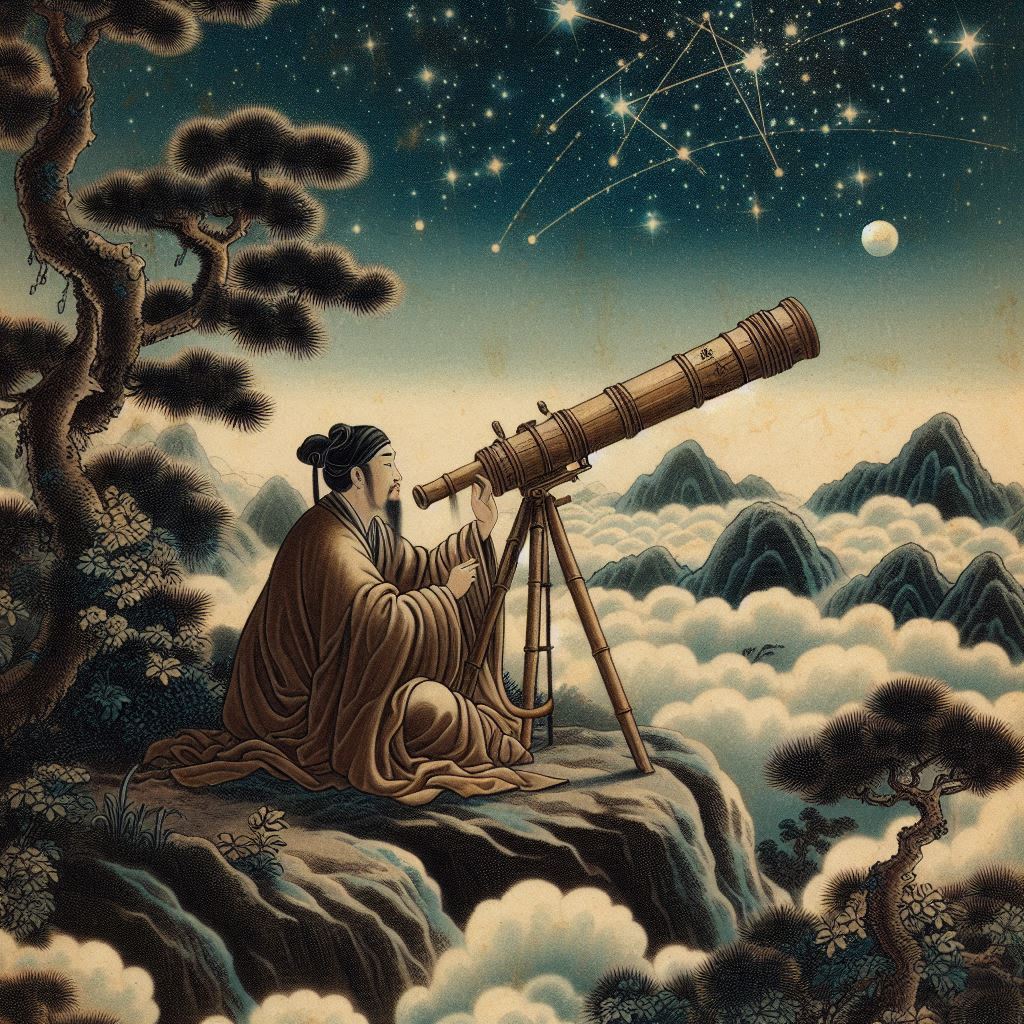Introduction to the disharmony
Major symptoms:
- cold hands and feet
- overall feeling of cold
- fear of cold
- Spleen Yang deficiency symptoms - coldness in the abdomen, watery stools that contain undigested food
- Kidney Yang deficiency symptoms - coldness in the back, loose stools, frequent urination, poor sexual desire, sterility
“Interior cold” is a disharmony either caused by invasion of external cold or an internally developed condition. In both cases - as the name of the disharmony suggests - the experience, the major symptom of “internal cold” is feeling of cold.
External invasion of cold develops by residing long term in a cold environment and chronically exposing the body to cold atmosphere and surfaces. Internally developed “cold” is the result of internal deficiencies, specifically deficiency of Qi and Yang. Every body organ owns Qi and Yang (as well as Yin and Blood). Deficiency of Qi will lead to lack of energy and tiredness, but if the condition worsens the Yang - the warming faculty of the body - may become deficient, which will lead to the development of “cold” symptoms. The organs that usually suffer from Yang deficiency are the Spleen and the Kidneys.
Note: In traditional Chinese medicine the concept of the Spleen differs from the understanding of the spleen in Western medicine. In TCM main function of the Spleen is the transformation of food into "food essence". The symptoms of an imbalanced Spleen point to imbalance in the digestion. So in order to avoid confusion whenever we refer to the Spleen in this project we will consider the collective work of some organs and systems that participate in the transformation and the transportation of nutrients and fluids, rather than solely focusing on the organ spleen as defined in Western science.
In the case of Spleen Yang deficiency there is coldness in the abdomen(1), while in Kidney Yang deficiency there is coldness in the back(1)(2). Spleen Yang deficiency furthermore manifests with symptoms of "deficient digestion" such as watery stools which contain undigested food. Kidney Yang deficiency manifests in loose stools(1)(2), profuse, clear urination(2), poor sexual desire, impotence(1)(2) (in TCM the Kidneys govern both the urinary and the reproductive systems). In both cases there are cold hands and feet, overall feeling of cold, fear of cold.
Major Chinese Herbs
A very famous Chinese herb that strongly warms the interior and enters the Spleen and Kidney channels is Fu Zi (Aconitum carmicaeli). It restores Yang where the warming principle of the body is feeble. Additionally it enters the Heart, warms the vessels and boosts the circulation. Gan Jiang (Zingiber officinale) is dried ginger. When fresh, ginger is a warm herb that benefits the disharmony Wind-Cold (when the external pathogen wind has attacked the body and caused common cold/flu-like symptoms). When dried its temperature changes from warm to hot and the herb is now used in the “warm interior” class of herbs. It restores feeble Yang and brings warmth to the Lungs, benefiting cold-phlegm. Rou Gui (Cinnamomum cassia) – cinnamon bark – strongly reinforces the Yang, and strongly warms the channels, the vessels, and the whole body(3). Another major herb that warms the interior is Wu Zhu Yu (Evodia rutaecarpa). It is a hot and acrid herb that enters the Liver channel and benefits hernia due to cold in this channel(3)(4). It is very useful for relieving pain (due to internal cold) such as hernial pain and menstrual pain(4).
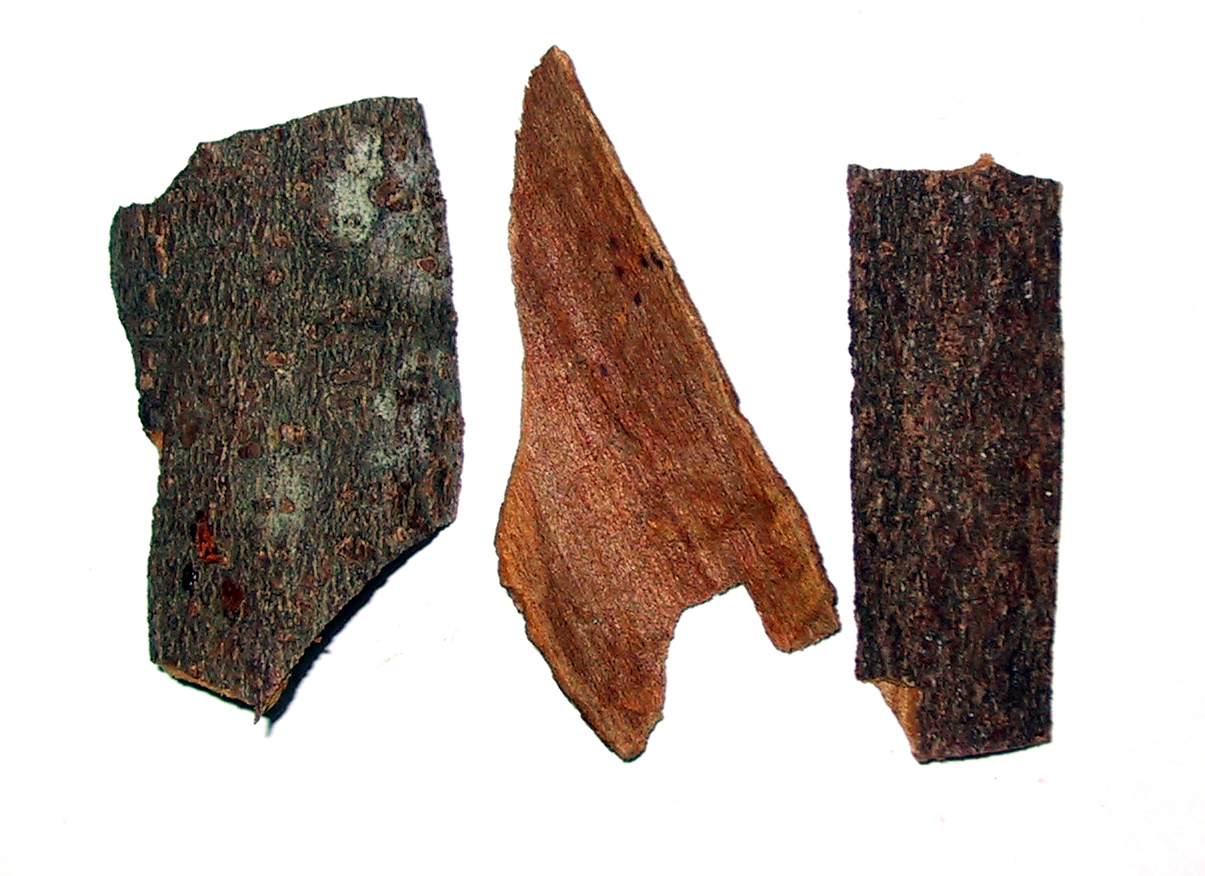
Healing foods
Foods that are healing for “internal cold” are foods with warming nature.
To unlock the rest of this article select "Yes, I want to learn!" below.
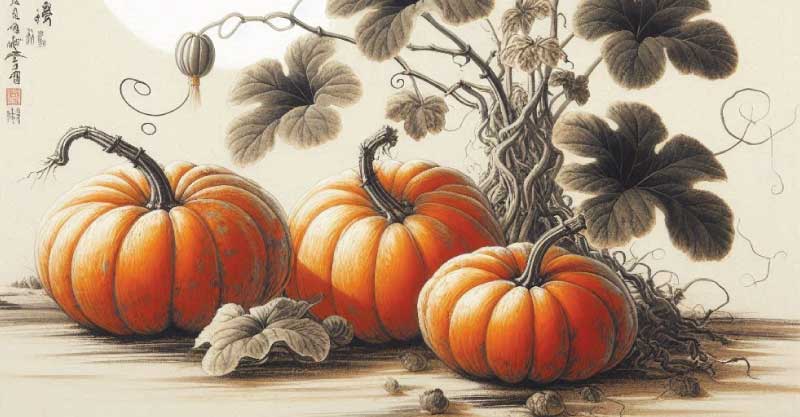
Food therapy is the most economical and non-toxic biochemical approach to health and disease. Food is something we continuously use to sustain our lives. Learning what foods are healing (and what disruptive) for each condition has the potential to convert every meal into a form of therapy.
YS
(1) Yang Weiyi, Meng Fanyi, Jiang Yuanan(2002). Diagnostics of Traditional Chinese Medicine. Beijing: Beijing University of Chinese Medicine and Pharmacology
(2) Maciocia, Giovanni (1989). The Foundations of Chinese Medicine. Edinburgh: Harcourt Publishers Limited
(3) Benski, Dan & Gamble, Andrew (1993). Materia Medica, Revised Edition. Seatle: Eastland Press, Incorporated
(4) Lu, Henry (2005). Chinese Natural Cures. New York: Black Dog & Leventhal Publishers, Inc.
(5) Pitchford, Paul (2002). Healing with Whole Foods. Berkeley: North Atlantic Books
(6) Holmes, Peter (1998). The Energetics of Western Herbs. Boulder: Snow Lotus Press, Inc.
Related Articles:
How the Climatic Factor Cold Affects Health
Winter (Element Water) - "cold evil"
Note: This site and its services are to consumer educational use only. Nothing contained in this site is or should be considered, or used as a substitute for medical advice, diagnosis or treatment. We advise users to always seek the advice of a physician or other qualified professional with any questions regarding personal health and medical condition. Please read our Disclaimer

